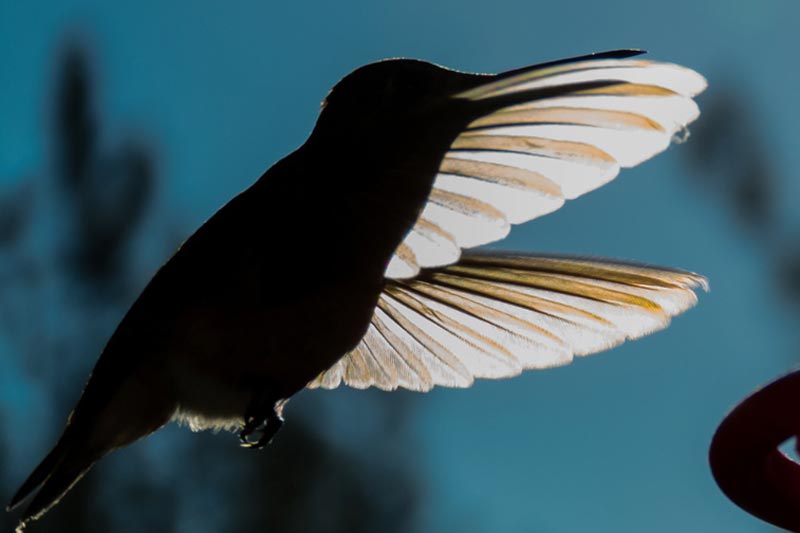The April Mom died, I resisted going East, believing that if I didn’t go, she wouldn’t die. I did not want her spry, wise, funny light extinguished. But my second daughter, then fifteen, looked at me with scorn and said,
“I don’t know what you’re doing, but I’m going to say goodbye to my grandmother.”
And, sheepishly, I followed her, flying to Philadelphia.
When we arrived at the rehabilitation facility, my older sister explained Mom hadn’t awakened for some time. Whatever happened—a stroke?—affected her speech. She lay, bird-like, eyes closed in the bed. I stroked her hair, impossibly soft for an eighty-two-year-old, more silver than black, but dark in my mind’s eye. With my finger, I outlined her elfin ear, not as pronounced as Spock’s Vulcan ears, but not quite like other ears. The tops of Mom’s ears didn’t quite curl over, a trait echoed in our second daughter’s left ear.
Eventually, Mom stirred and saw me.
“Ann,” she mumbled, at least she voiced a syllable I took to be my name.
“Yes, yes,” I nodded. “Here I am, Mom. I’m here.”
“Se…se? A—cus?” She was worried, her eyes beseeching.
“Seth is in Ohio, Mom, with Atticus and Miranda. I’m here with Cordelia, Mom. We’re right here.”
Right here. How often had my mother sat on my bed, soothing me through an asthma attack: “I’m right here, Ann. Right here.”
She was always there, ready to listen, interested in my life, in the lives of my husband and children. Once we moved to Ohio, I knew she would always answer when I phoned, sitting in her chair, more reclusive than ebullient.
What did she think about all those years as solitude settled down around her? Did she replay her girlhood in her mind? Did she mourn long ago friends as she read the obituaries, think about the life my brother might have lived, the life her own brother might have lived?
Right here. On the porch. Six summers after Mom’s death, we are sitting on the porch, a sultry July afternoon. Strangers stop and ask, “This house? Is it a hotel? A rehab facility?
My shy husband comes through the screen door onto the porch and smiles.’
“No; it’s just our family’s house,” he says, standing at the gate.
“Oh, we’re so sorry. We thought—“
“Don’t be. People often stop. Many cottages in Eagles Mere have names. My mother-in-law called this house Self Help Lodge to encourage guests to feel comfortable, get what they needed without feeling they had to ask permission. Self Help.”
“Oh–fascinating.
“Would you like to come up?”
“No, no, no. But what a beautiful home.”
“Thank you. My wife’s family has been in Eagles Mere since 1912. Our children are fourth? fifth generation—is that right, Ann?”
From my rocker, I nod, mute.
Seth continues, “My mother-in-law loved it when people stopped to chat; she’d have you up on the porch in a minute.”
Our oldest daughter hisses to me across the porch, “Oh, right—this is the man who wants to withdraw from society.”
This is a family joke. My husband, the would-be misanthrope, contrasted with my gregarious mother, who used the porch as her vantage point to keep tabs on the whole town.
I grin at Miranda. A hummingbird pauses, mid-air, at the red feeders, then gets lost in the petunias. “Hi, Mom,” I think, but know better than to say it out loud because it freaks my children out when I talk to my dead mother. Hummingbirds, dragonflies, red cardinals, finches at the feeders we continue to fill because she loved them so.
Our sidewalk visitors express more rapture about our house, then wander on. In the big green rocker, where my Mom used to sit, I think about my shy husband in the role of gracious host, telling the story of our family.
When we walk the dogs later that afternoon, I say how funny it was to hear him so expansive. “You didn’t come over, “ he says, a little surprised. “No, I was missing Mom. I couldn’t,” I say softly.
“Me, too,” and his voice breaks. “I went to talk to them because that’s what she would have wanted me to do.”
I see his eyes glassy and love him fiercely, love that he, too, misses my mother.
“I want to hang that Heated Swimming Pool sign from the Crestmont under the Proper Attire Requested sign. I’m just trying to figure out how to do it.” He is a project guy, puttering, fixing, improving. That’s how he shows his love.
“Good, “ I nod. “She’d crack up at that.”
For a moment, we can hear her laugh, imagine her in her rocker. She is right here.
Photo Credit: Rocky Raybell Flickr via Compfight cc

Elaine, thank you so much. I look forward to seeing your page!
A deeply moving piece. Thank you, Ann. I just shared it on my FB page where I focus on grief, healing, and nature.
thank you, Lisa!
Thank you!
Ann, I love your writing! Each one is a special treat to be savored!
Such a tender, heartfelt piece, full of wondering, longing, cherishing, and loving–Ann Klotz writes most beautifully of her family and the reader gratefully takes it personally.
thank you so much–they are always with us, aren’t they?
–Beautiful memories, words, tribute to your mother ( whom will ALWAYS be w/ you. )
From Duluth. x